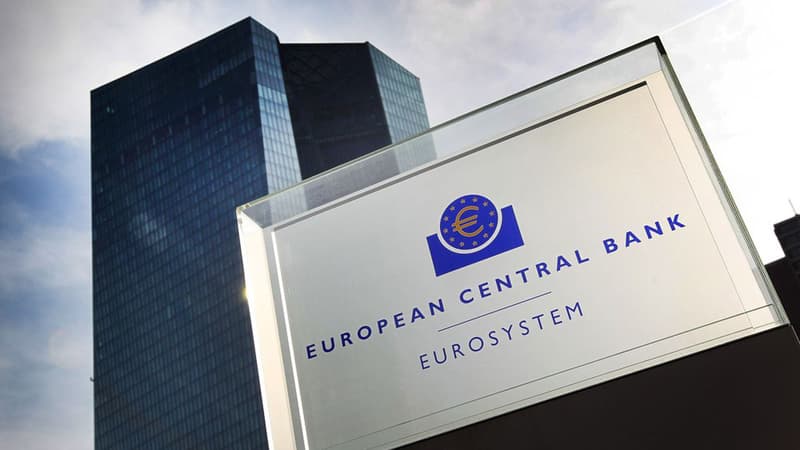Unlike Christine Lagarde, the employees of the European Central Bank (ECB) do not seem to fear the formation of an inflationary spiral. According to information from financial timesIpso, the single union of the ECB, rejected the proposal made by the institution to increase wages by 4.07% in January 2023.
Although this revaluation is much higher than the 1.48% obtained last January, it remains more than double below the level of inflation in the euro zone, which means a loss of real wages for employees. Unacceptable for Ipso’s vice president, Carlos Bowles: “What the ECB management is telling us is ‘sorry, we missed our own inflation target (which is 2%, editor’s note) and now, it’s you, the staff”. who are going to pay the price’”, he explains to the economic newspaper and adds that Christine Largarde, president of the institution, made him understand that there was no room for negotiation.
A strike “not excluded”
An Ipso survey of staff revealed that “the vast majority of colleagues are angry” with the ECB’s offer, Carlos Bowles said. To the point that a strike, rare within the Frankfurt institution, “is not ruled out”: “The consultation on remuneration must end at the end of the year and we will decide in January whether to protest,” continued the vice president of Ipso. .
For its part, the ECB management explains that it is carrying out “a periodic and annual review of salaries following a predefined methodology” that allows “reflecting the salary dynamics of comparable institutions” such as the 19 central banks of the euro area, as well as the other institutions of the European Union.
The ECB advocates wage moderation
In November, inflation in the euro zone stood at 10% per year, marking its first drop in 17 months. Despite everything, it is still five times higher than the ECB’s target. Under these conditions, the European Central Bank advocates wage moderation to avoid triggering a “price-salary” loop that would make inflation uncontrollable.
At the end of November, the ECB’s chief economist, Philip Lane, was still asserting that “rising wages will be the main driver of rising prices over the next few years.” An argument that does not hold up for Carlos Bowles, who relies on recent IMF work to recall that wage increases rarely lead to an inflationary spiral. In early October, the Washington institution estimated that “the probability of long-lasting spirals between wages and prices is limited.”
The last (and first) strike at the ECB took place at 1:30 a.m. in June 2009 to protest against the reform of the personal retirement savings plan. Since then, nothing. In fact, social movements are difficult to organize at the European Central Bank “which is not subject to any national law and operates according to its own rules, with a ‘minimum service obligation’ for staff”, underlines the financial times.
Source: BFM TV


